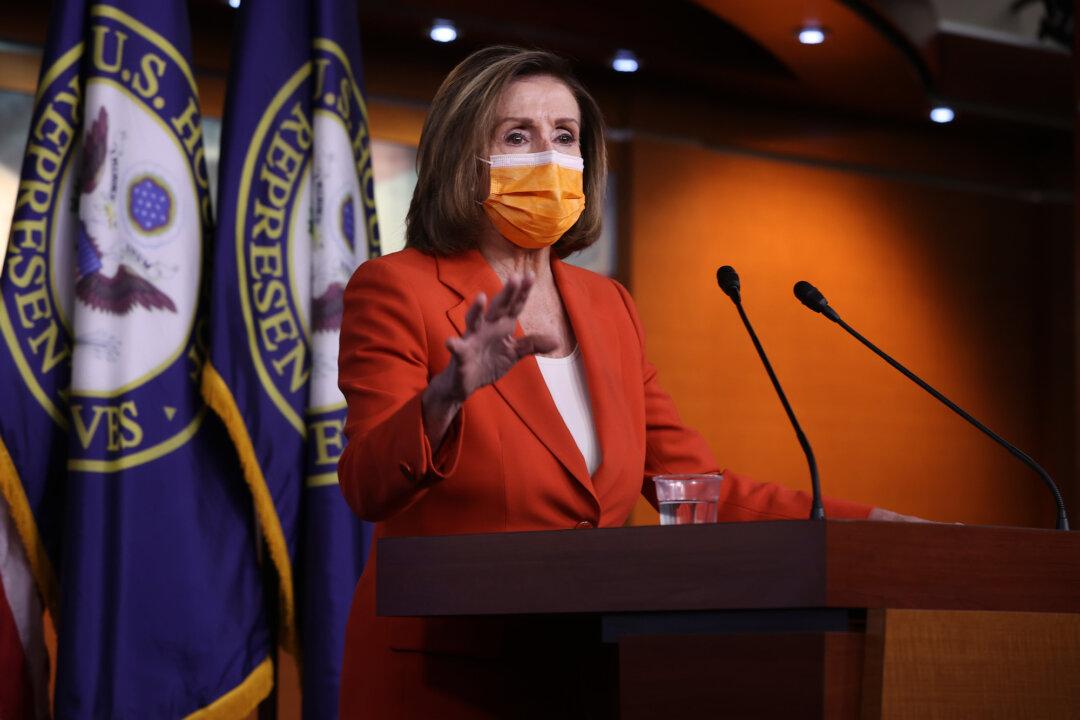House Speaker Nancy Pelosi (D-Calif.) said on March 12 that she has directed key Democratic lawmakers to work with Republicans on drafting the next big legislative push from Congress—the much-anticipated infrastructure package. Pelosi said it would be “big, bold, and transformational,” but it’s also drawing scrutiny on how it will be paid for.
Pelosi made the announcement in a statement infused with hope for bipartisanship, which fell short in the American Rescue Plan. Democrats passed the $1.9 trillion package along strictly partisan lines, with Republicans denouncing it as a “liberal wish list” that was packed with non-pandemic-related spending.





